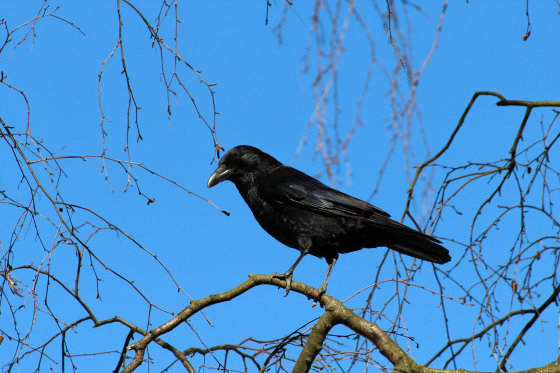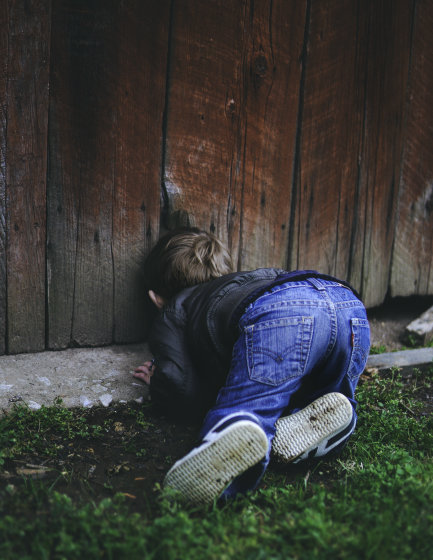Why are people curious?

A thirst for knowing and understanding is the driving force of human development and success, but curiosity can also cause us to experience major failures. Scientific journalist
Why are humans so curious? | Live Science
https://www.livescience.com/why-are-humans-curious.html
Curiosity is not determined by a single gene, but previous studies have suggested that the dopamine receptor D4 gene (DRD4) is involved in the 'trend for new things.'
On the other hand, infants who have to learn a lot in a short period of time, regardless of their genetic tendencies, use curiosity as a “tool for performing tasks”. 'If an infant isn't curious, then development doesn't happen,' said Katherine Twomey, who teaches the development of language and communication at the University of Manchester.
There are many studies of curiosity, and a 1964 study showed that infants between the ages of 2 and 6 months of age became less interested in showing complex visual patterns. A 1983 study also showed that infants between the ages of 8 and 12 months, once familiar with toys, will like new ones. Such a tendency, called 'perceptual curiosity,' is found not only in infants, but also in human adults and nonhuman animals, and motivates them to explore new things until they lose interest due to continued exposure. It will be attached.

Babies begin to repeat vowels within a few months of birth, but such 'babbling' also shows perceptual curiosity. The baby initially begins to make anatomically possible random sounds, reaching a sound that is close to that of its parents.
Not only humans, but also crows are

On the other hand, what is most noticeable to humans is what is called 'intellectual curiosity.' Intellectual curiosity seeks knowledge and seeks to eliminate uncertainty, and appears after perceptual curiosity. Austin Fuentes, a professor of anthropology at Princeton University, believes that intellectual curiosity separates humans from other animals, making humans everywhere in the world and developing technology. ..
However, curiosity comes at a cost. At first, the baby tries to stand up and walk, even if he is better at crossing the floor. Children between the ages of 12 and 19 months may fall while trying to get up and may make 17 revolutions per hour, but standing and walking on the other hand are fast and offer great benefits.
Thus, while there is 'curiosity' with a low risk of failure, it is also true that many human beings have become extinct due to curiosity. 'Many of us have tried and failed tens of thousands of people. I forget that,' Fuentes said.

Related Posts:
in Science, Posted by darkhorse_log







